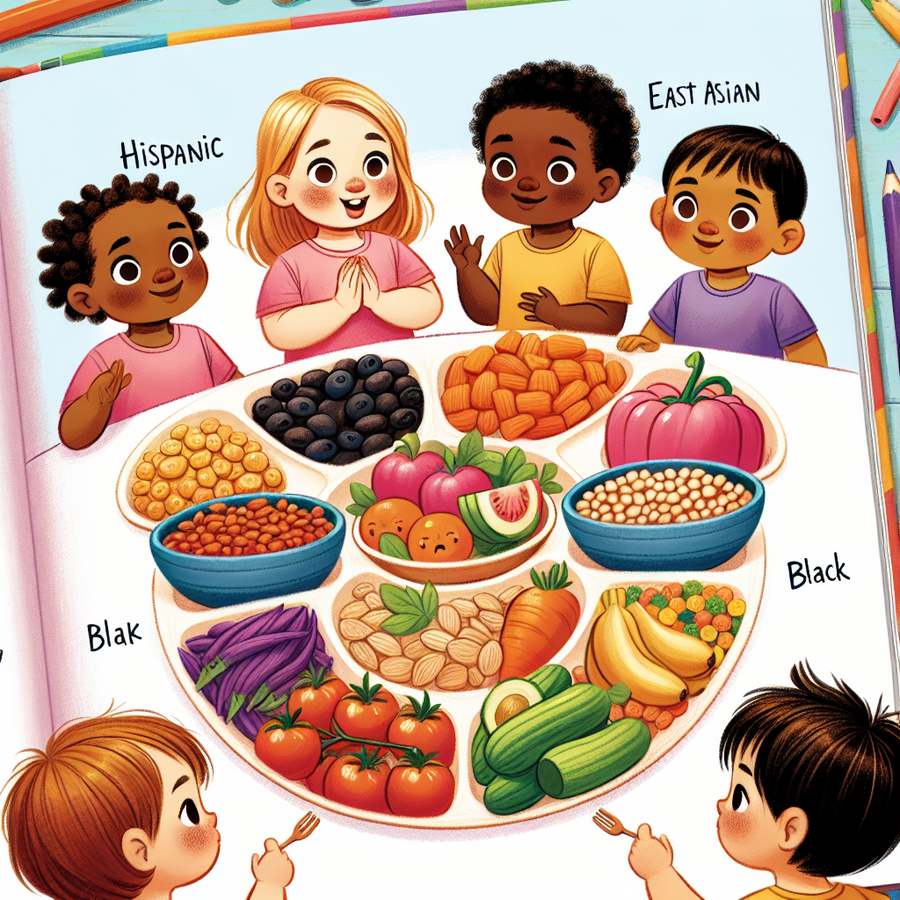Ensuring that vegan infants and toddlers receive proper nutrition requires thoughtful planning and a deep understanding of their unique dietary needs. Nutritional considerations for vegan infants and toddlers are paramount to support their rapid growth and development phases. This guide delves into the essentials of a vegan diet for the youngest members of the family, covering key nutrients, food sources, and practical tips to ensure a balanced and nutritious diet.
Understanding the Basics of Vegan Nutrition for Babies
The transition to solid foods is a significant milestone in a baby’s life, especially for those on a vegan diet. Identifying food sources rich in essential nutrients is crucial. Introducing solid foods to a vegan baby demands a careful approach to include a variety of nutrient-dense foods.
Key nutrients such as iron, calcium, vitamin D, and omega-3 fatty acids, which are typically abundant in animal products, can be sourced from plant-based foods. However, it requires vigilance to ensure these nutrients are adequately provided through a vegan diet. Consulting with a pediatric nutritionist can offer tailored advice and peace of mind.
Nutritional Considerations for Vegan Infants and Toddlers
For vegan infants and toddlers, getting enough protein is a common concern. Plant-based sources like lentils, beans, and tofu can be excellent sources of protein. Additionally, planning a vegan baby’s nutrition for the first year is critical to ensure they receive a well-rounded diet that supports their development.
Vitamin B12 is another nutrient that requires attention in a vegan diet, as it is naturally found in animal products. Fortified foods or supplements can be an effective way to include B12 in your child’s diet. Adequate intake of B12 supports neurological development and prevents anemia.
Practical Tips for a Balanced Vegan Diet
Creating a balanced and nutritious vegan diet for infants and toddlers involves incorporating a variety of foods. Iron-rich vegetarian recipes can introduce new textures and flavors while ensuring the intake of critical nutrients. Additionally, exploring dairy-free calcium sources can help meet the calcium needs of growing toddlers.
Regular nutritional assessment by a healthcare provider can help identify any gaps in nutrition. This proactive approach enables adjustments to the diet or the addition of supplements if necessary. Moreover, involving toddlers in meal preparation can encourage an interest in a variety of foods and instill healthy eating habits early on.
To ensure that vegan infants and toddlers thrive, parents and caregivers must be diligent about incorporating a variety of nutrient-dense foods into their diets. By focusing on nutritional considerations for vegan infants and toddlers, families can confidently support their children’s growth and development on a vegan diet.
For more guidance on vegan nutrition and introducing solids to babies with allergies, visit our comprehensive guide. Remember, every child’s needs are unique, so consulting with a pediatric nutritionist or dietitian can provide personalized advice tailored to your child’s specific requirements.













